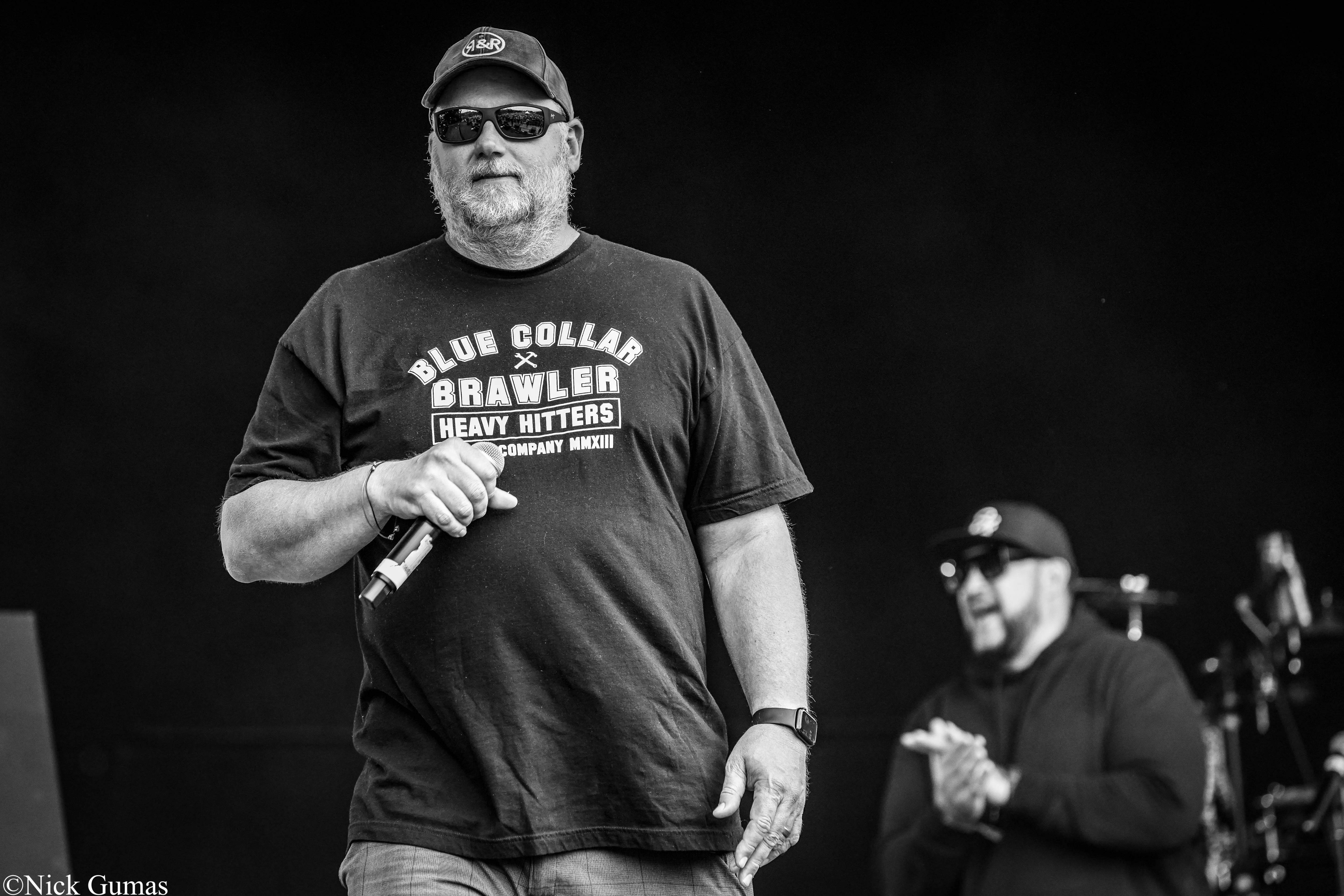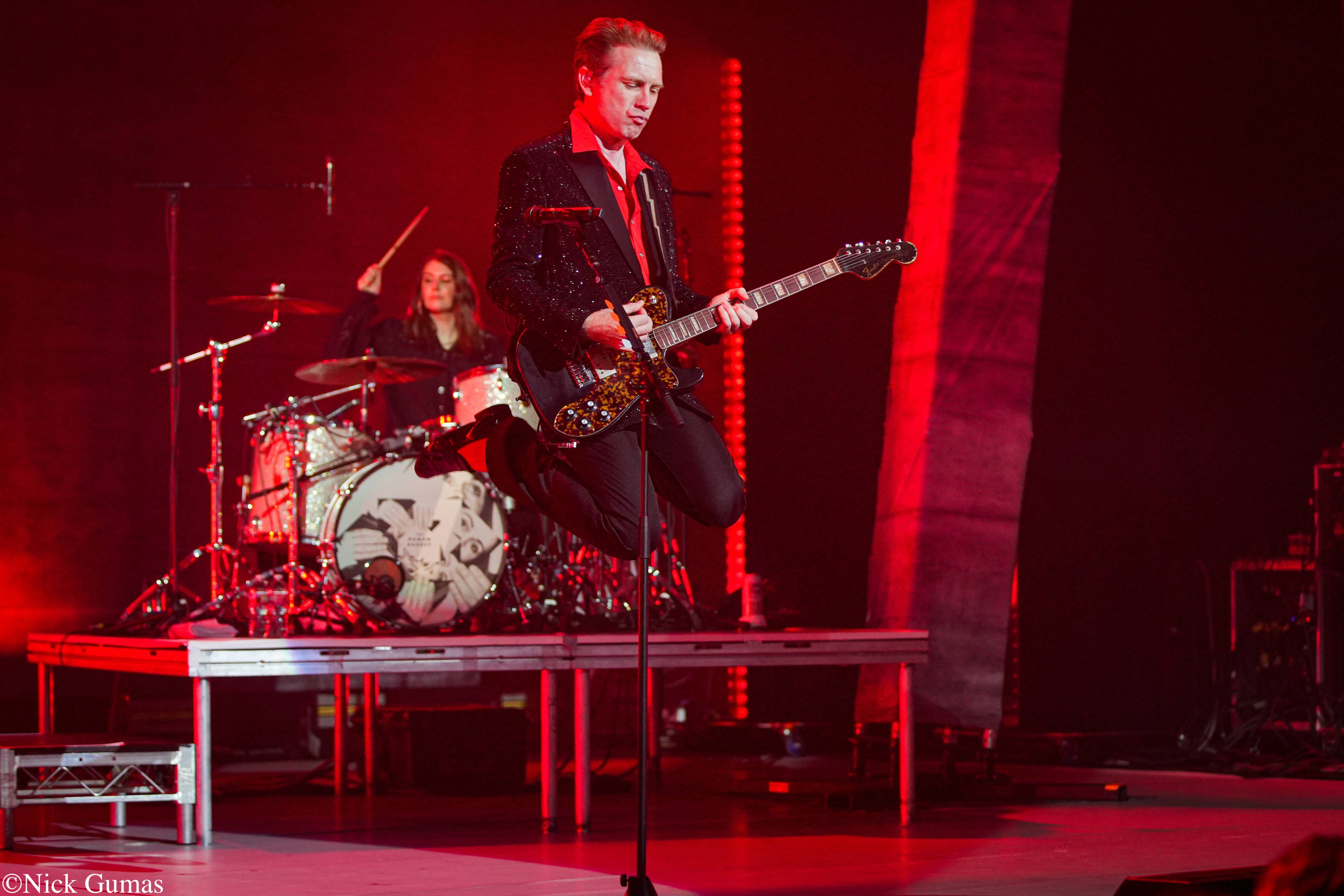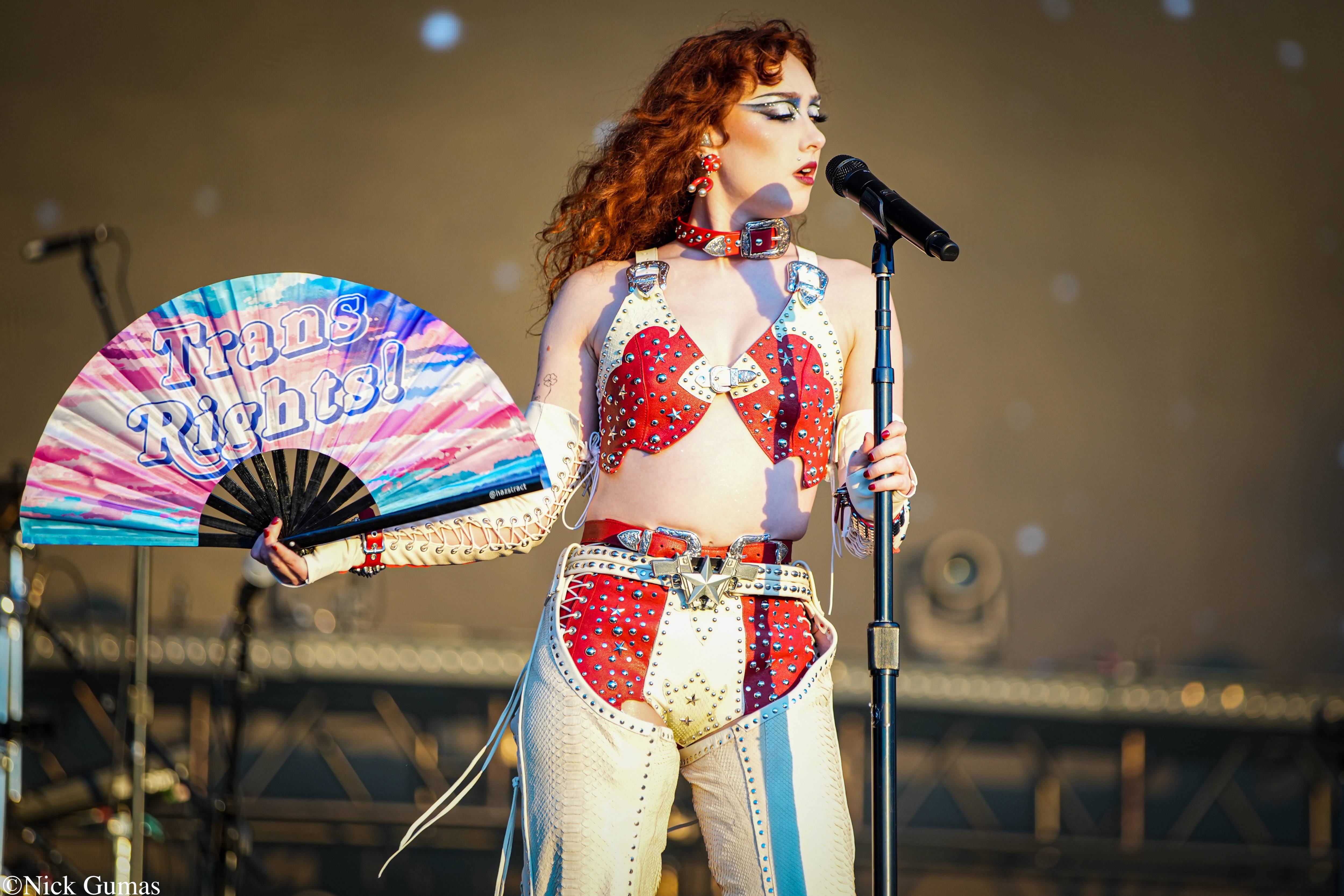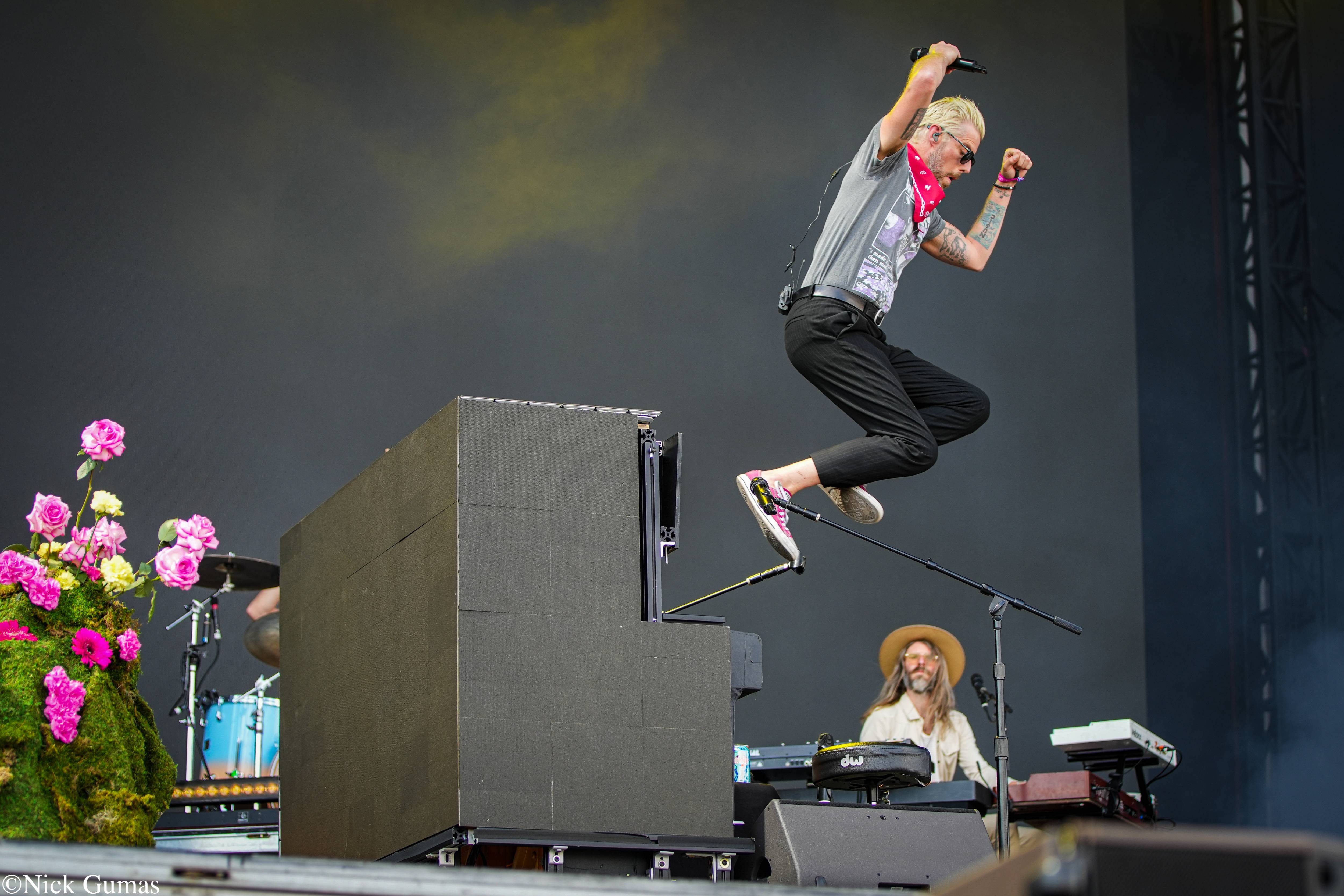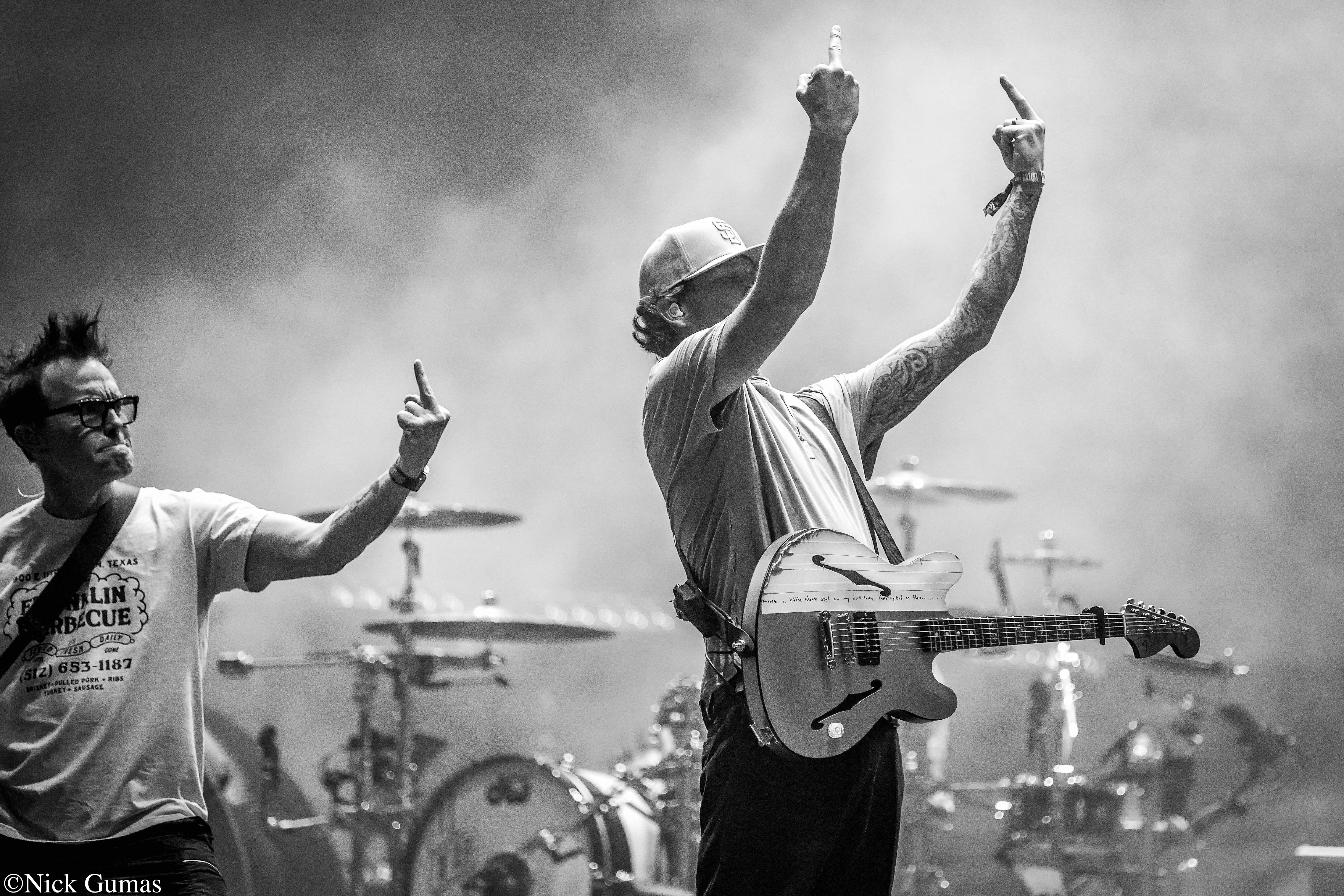A festival close to our hearts, Grateful Web has been covering Cali Roots since the mid-2010s and during this time, we have seen firsthand how many hold it in high regard. An institution many believe to be the nucleus of the reggae resurgence in America, it has both played host to and even helped create some of the biggest names in the genre. At the center of it all, festival organizer Dan Sheehan runs the show. Ever since its inception a decade and a half ago, he has served as the organization’s face and general patriarch of the Cali Roots family. Grateful Web had the chance to sit down with the Godfather of American Reggae himself ahead of this year’s Cali Roots to talk about the festival’s history, the business end of the festival, and his relationship with the community he has fostered.
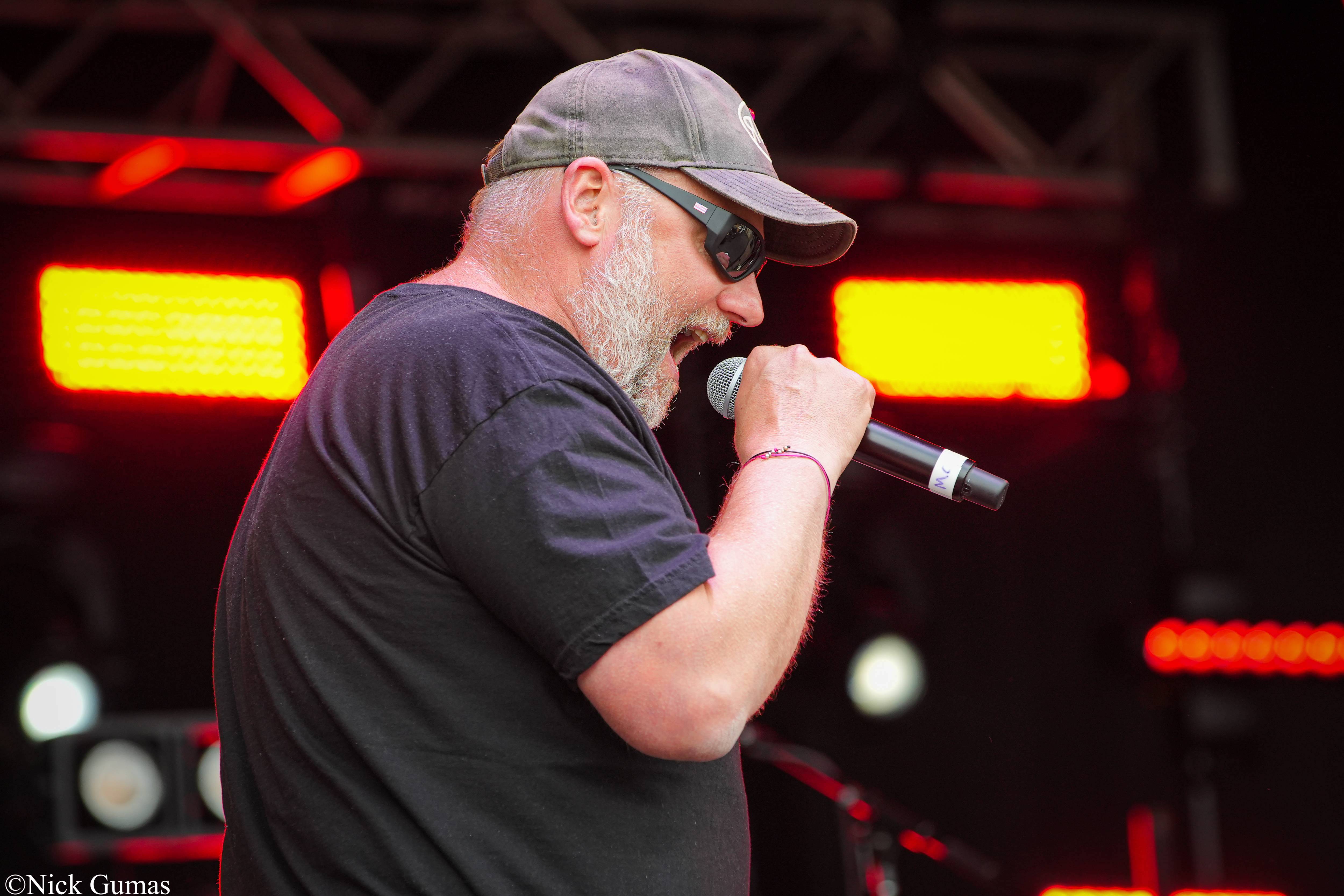
Grateful Web: One part of the festival I’ve always been impressed with is how you’ve cultivated a culture of humility. We see artists headline one year and then play an earlier time slot on another stage like Stick Figure or Slightly Stoopid, and others sometimes just come back to feature with other artists or emcee a smaller stage. How do you keep egos in check and cultivate this family mentality?
Dan Sheehan: Fortunately, we have great relationships with all the bands. We have obviously worked with them for many years, even before Cali Roots, and so for example, this year Stick Figure is closing the Cali Roots stage on Friday, but that was a request from Scott (Woodruff,) and that's what he wanted to do because he wanted to showcase his pyro, and since our mainstage is a permanent wood stage and you can’t do pyro on it. So that’s one of the things he wanted to do, and he’s also very mindful that Ziggy Marley was closing that night on the bowl. As for Slightly Stoopid, we had long conversations with him about doing a sunset set, so that's why they played earlier. I think with artists and promoters, we’re constantly looking for ways to keep innovating and keep things fresh. At the end of the day, we all have the same mission of bringing this music forward and for the most part, everybody’s on board with that. Don’t get me wrong, sometimes the egos and billing are some of the more challenging parts of my job, but for the most part, we’re all in this together.
GW: Several times throughout the years of covering Cali Roots, we have been interviewing artists on-site, and they will ask to pause the interview to run up and pay their respects when they see you pass by. How do you personally go about fostering these close relationships with artists and where do you see your role in the greater reggae community?
DS: I mean, I consider myself one spoke in the wheel. We’ve been doing reggae shows for a long time, well before Cali Roots, and my roots in my musical history are roots reggae. I grew up in Hawaii, so that was part of my soul growing up, so I was listening to bands like The Gladiators or The Meditations when I was in middle school, and it's always been a big part of what we’re doing. As far as my relationships with the artists, it's just one of those things that has happened and I think we all have a huge amount of respect for each other. One of the things that I love is seeing bands like The Elovaters grow within our space, festival, scene, and shows, and to the point where they’re probably one of our next bonafide headliners. But being a part of that growth, having those conversations with them, and giving them the platform to do that, I think a lot of artists respect that and that’s what we’re trying to do. We’re promoters, but we’re music lovers first and it's always great to me to see bands grow, not just in ticket sales but to watch their music evolve and who they evolve as. Being around these bands, we were all growing up in the space together and we’ve all seen how we’ve grown up and become the adults that we are now. We’ve worked together for so long and there's just this mutual respect for each other because, at the end of the day, all artists know that our number one priority is the music. Of course, we have to sell tickets and we have to make money because that’s how we continue to do this, but at the end of the day it is about the music, experience, and the fans.
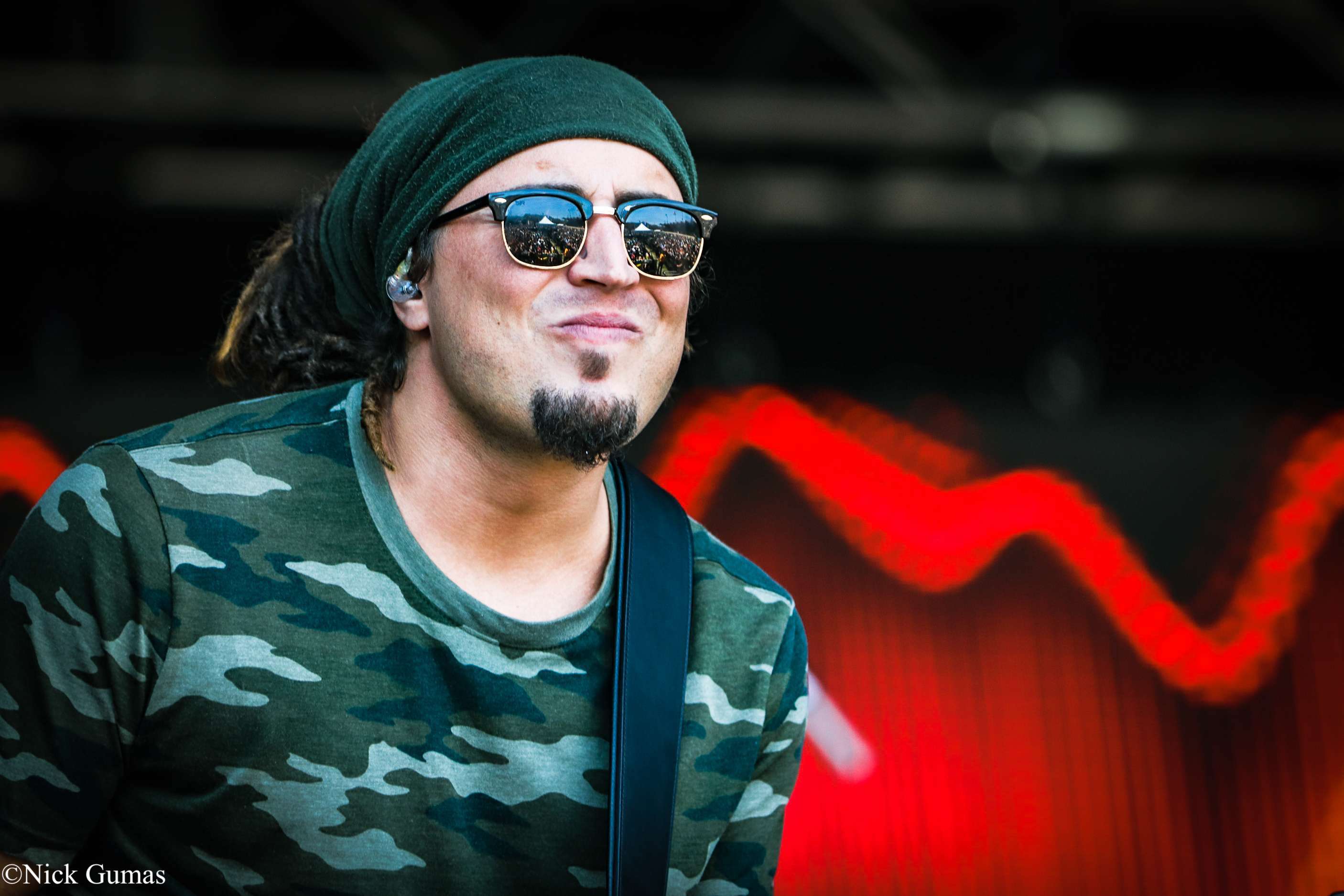
GW: In thinking about artists who have grown with the festival, how did Rebelution become the unofficial evergreen in-house headliner?
DS: We have worked with Rebelution for many years. When they were opening up for SOJA years ago when they were actually “Soldiers of Jah Army” years ago, I pronounced their name wrong and I think we misspelled it on the first poster we did with them, I think we called them “Rebelation.” But we’ve just done so much work together, and they’ve been a big part of the culture of Cali Roots, and they’ve earned that spot. Also, their drummer is from here, and it's his birthday weekend, so they have that whole tie-in with that as well, and obviously we do a lot of work with their agent and manager, so it ended up being that way.
GW: Speaking of acts that play every year, how did the tradition of Collie Buddz passing out pizzas during his set start?
DS: That was all him. That was something that Collie thought of and implemented, now it's just become a part of the culture of Cali Roots. It was something that he and his team thought of and fostered and they came to us with it and we were like “Yeah, let's do it.” It’s really cool to see, and now people are expecting it. It’s part of it now and it's cool to see how people are passing back the pizza boxes and how people are engaging in that, and how the venue is not a complete mess after it either, people are very respectful.
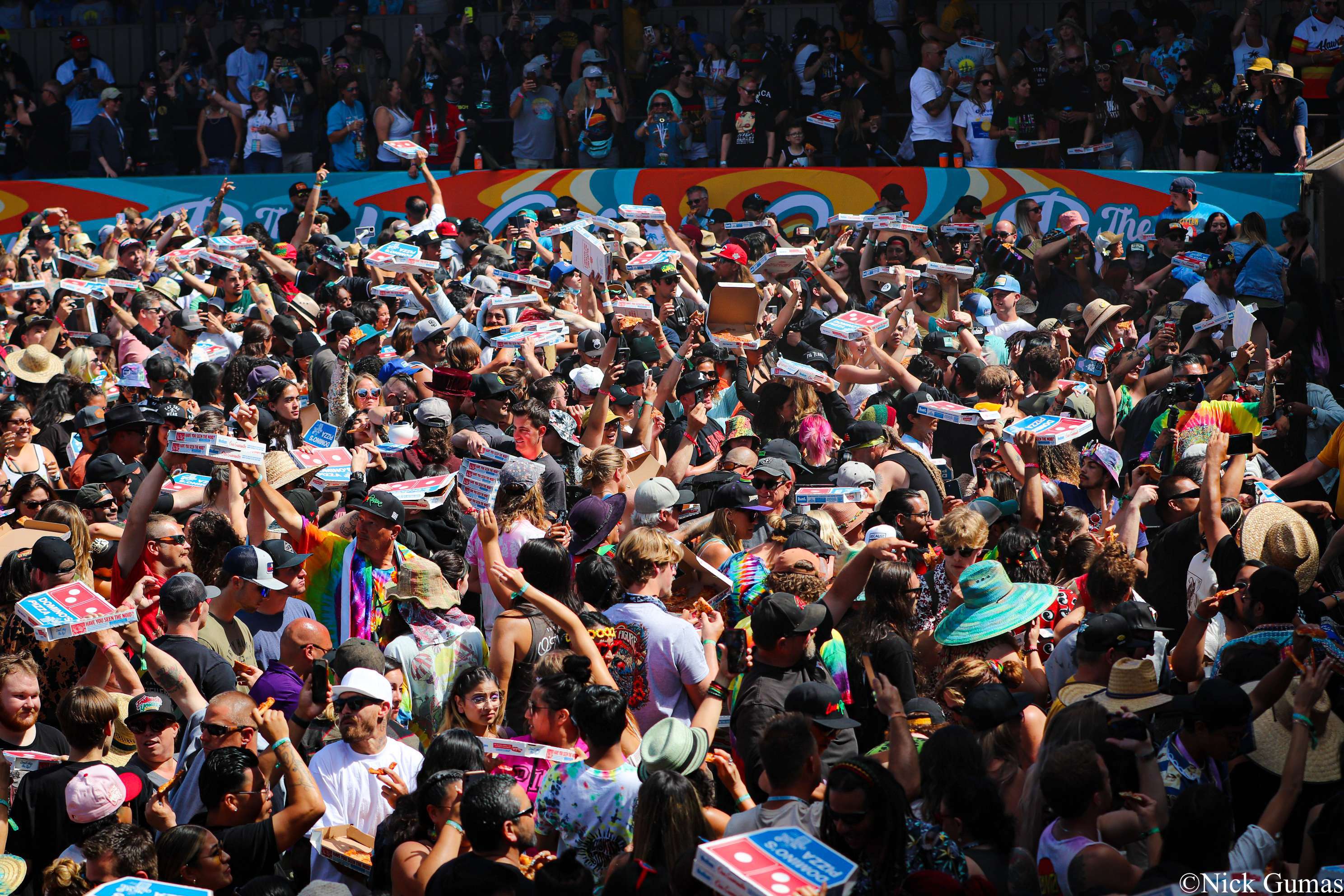
GW: Has this ever prompted pushback from your food vendors?
DS: We were worried that it would upset our pizza vendor, but I don’t think that it ever really translated to a loss of sales for them. It’s just one of those cool things that they came up with, we supported, and they ran with it. The cool thing about Cali Roots is people come early. This isn’t something where people show up at five or six in the afternoon to see the headliners, people are coming in early, so some people will eat two or three times in a day, and they might have the munchies, so our food vendors do really well. None of them were annoyed or mad that one of our acts was giving away thousands of pieces of pizza, I just think it's part of it. Like people are eating one or two slices and they work it off dancing to Collie for the rest of the set.
GW: With so many great things to say about so many of your artists, have you ever had any issues with any artists who weren’t so great, or have you ever had to blacklist an artist altogether?
DS: No. When I was younger I let my ego or other things get in the way, but as I’ve grown up, I have an eight-year-old daughter who kind of keeps me in check and I think we try to keep egos and blacklisting out of it. If there's something that warrants it and we’re not going to work with somebody, that’s that, but at the end of the day I’ve grown up a lot and as you get older you realize you don’t have the room in your head to let certain things in. That’s how we’ve approached the last two years especially. Life is too short, so we’re trying to not hold grudges. Egos are egos, but we’re also in the business of dealing with artists and their teams, and if we can’t roll with egos then we’re on the wrong side of the business because that’s what we do.

GW: How did hip hop first get integrated into the lineup and why do you think it plays so well to reggae fans?
DS: That's a question that has been coming up a bunch in general. We’ve been doing hip hop for a while. Obviously, we’ve had Atmosphere who just fits with the space, and that goes back to Slightly Stoopid bringing him out years ago, but he just fits. And the Reggae Rise Up guys integrate him into a lot of their stuff. But then we did Ice Cube a couple of years ago. We didn’t know how it was going to go, but it was a smash success in the bay with all the Raiders fans, and it really worked for us. I like to call it a palate cleanser. The heartbeat and the core of Cali Roots will always be reggae, but I think having different genres, tastes, and styles really adds to what makes Cali Roots. This year with E-40 and Too Short was too good to pass up and honestly, when you think about “California Roots” E-40 is California Roots, he’s a Bay Area legend. I think that fits for us. Obviously, we had Wu-Tang last year, and we’ve had Nas, we’ve had The Roots, and all of that works with that East Coast stuff, but I think the West Coast representation this year with Cube, E-40, Too Short, and Souls of Mischief works.
GW: What has the commercial success of “Cali Roots Riddim” and the album’s Grammy nomination meant to you?
DS: I think it's a nod in the direction of all the work that we’ve put in. We might not sell the most tickets, and we might not have the lead singer of No Doubt performing at our festival, but at the end of the day we’re a part of the festival and we have been the driving force in the American Reggae space for as long as Cali Roots has been around and will continue to do that. I think Cali Roots Riddim and the Grammy nomination for that was just another testament to that and the work that we’ve all put in to push forward. I think that says a lot that we’re mentioned in the same breath as other Grammy nominations, and Collie has done a great job in curating the Riddim. It just means a lot. It’s more notoriety and more recognition to all the hard work we’ve put into this scene.
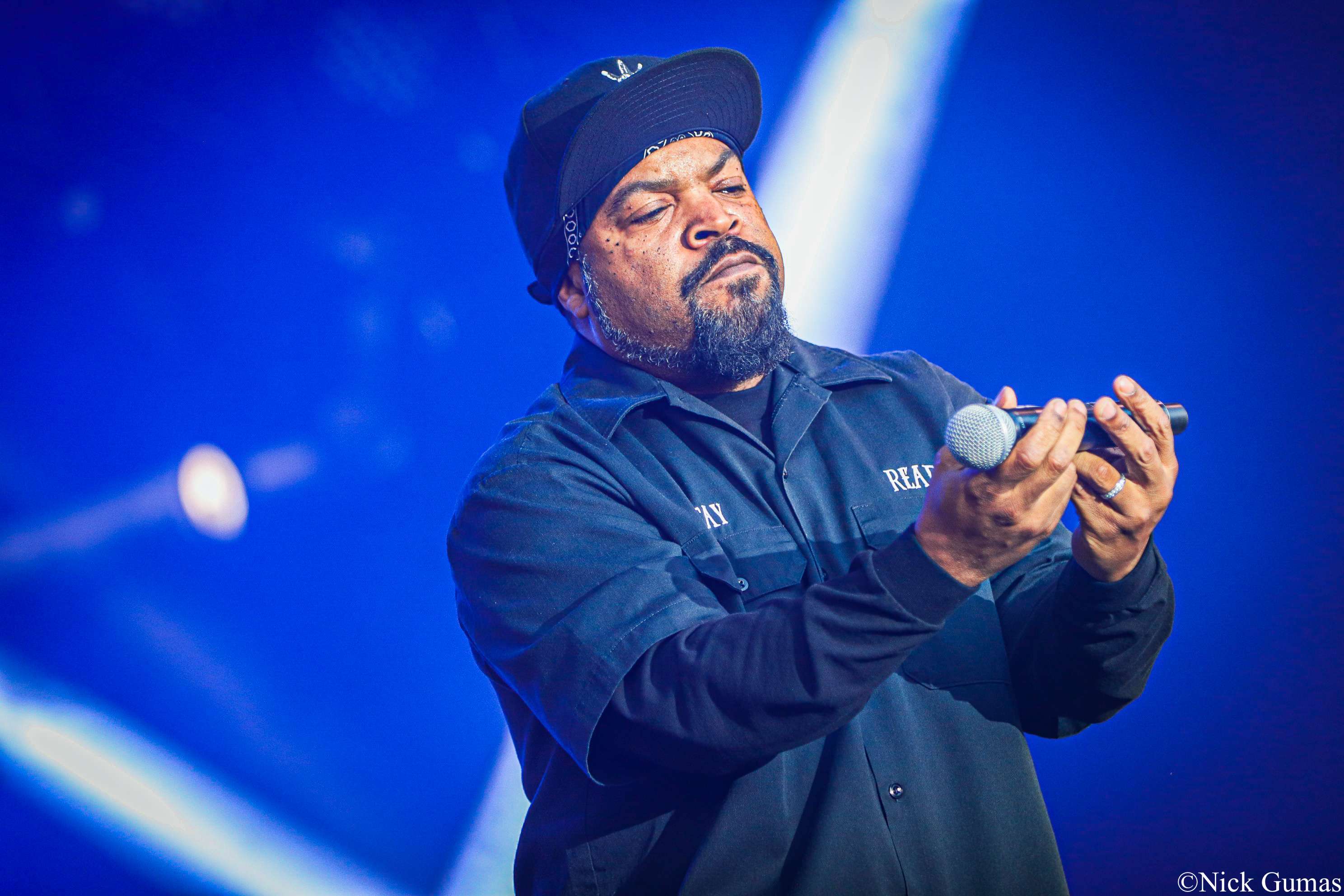
GW: In bringing up the scene getting bigger every year, over the last few years we’ve seen a lot of reggae artists getting more time in the worldwide spotlight. For example, Cali Roots staples like Rebelution, Sublime, and Stick Figure had very well-received sets at Coachella over the last couple of years. Do you feel the genre is finally getting its due recognition and universal celebration, and do you see the brighter limelight impacting the community for better or worse?
DS: I think there are artists like Stick Figure who are continuing to put out new content and new music and stay relevant. I think that’s a huge thing, and I think their sound is becoming a more universal sound and it’s not just our scene recognizing it. There's various people from all walks of life who keep asking me if Stick Figure is playing Cali Roots and I think their set at Coachella was hugely beneficial. I think, obviously, having the same producers as other festivals open their eyes to it, which is why they put them on the Coachella stage, but at the end of the day, I think it is good for all of us. It's good for all of us to have those acts on a big stage in front of a lot of people. What’s the saying, rising tides (lift all boats.) So I think it's a good thing, but in our scene, we really have to take a look at who our next headliners are because I think that’s something that I’m constantly looking at which is why we’re putting time into bands like The Elovaters and other bands in that space. We think “How do we keep elevating some of these bands to the next space?” because we need the younger bands to keep rising up to continue to help this space and continue moving forward, because if not you run into where things become stagnant, and that’s why it's important to us to do that artist development, which I think is something we take pride in. Artist development is crucial, and we were a part of the earlier years and the development of Stick Figure playing our festival and seeing what he’s become and what that machine has turned into. I think that’s something that as a festival, we thrive on.
GW: In looking at your growing audience, last year’s festival almost didn’t host a live stream for the first time in years. What was that process like of deciding to cut the feature and reintroduce it and why do you think that feature is so important?
DS: I personally didn’t think we would get as much pushback as we did, and I am one to understand after pushback. The problem is sometimes people get really ugly on social media, and there was definitely some of that going on, but when you take those negative people out of the mix, you’re left with the people who are saying “We can’t afford to come” or “this is how we’ve celebrated Memorial Day for years” or “We used to come but now we have kids” or whatever might be. Those are the ones that made us go “Ok, this makes sense.” Like I said earlier, our goal is to put out the best event possible and deliver to the fans, but we also need to make money and generate a positive income so we can continue to do this. I was looking at it more like a budget cut because live streaming is not cheap, but fortunately, we found a solid provider to help us out at a very good price and we brought it back and let the fans know. It had huge positive feedback and I actually had someone come up to an event we do locally in Monterey on the first Friday of every month called “The Night Market” and asked if we were going to do the live stream again and explained to me that they had four kids and can’t afford to come, and for us we’ve realized that the live stream is a part of the Cali Roots culture. We’re not going to take it away, it’s become a part of how people celebrate their Memorial Day. That was a big thing we wanted to bring back. It’s a part of the budget now, we know how much it’s going to cost, and we won’t cut it out.

GW: So we all know the Monterey Fairgrounds is where Jimi Hendrix famously burned his guitar, and we’re coming up on the 10th anniversary of SOJA’s Trevor Young burning his guitar on the same stage in homage. Do you foresee another band ever getting the green light to do that again?
DS: It took us a lot to get that through the fire marshall. I don’t know. It all depends on the artist. For SOJA, it made sense, for Trevor, it made a lot of sense, but that’s one of those ones where we’ll see down the road. No one has ever asked to do it outside of SOJA, but I think jumping through the hoops was a lot and we also had to deal with the Hendrix estate which was a challenge to begin with, but I guess that's TBD.
GW: While we all know the Monterey County Fairgrounds as a sacred place in music not just because of Hendrix, but for countless other reasons, we see more fans coming to Cali Roots every year. Do you believe the festival has outgrown the confines of the venue and do you foresee the festival ever moving to a bigger space?
DS: There’s been talks about it. It’s hard, it’s become such a big part of the community. I don’t think it’s something that is completely off the table but for the time being, locally there's no other space. There’s no other venue that's big enough that makes sense and checks all the boxes. Right now, we’re going to enjoy our home at the Fairgrounds and continue to put on Cali Roots the best we can.






